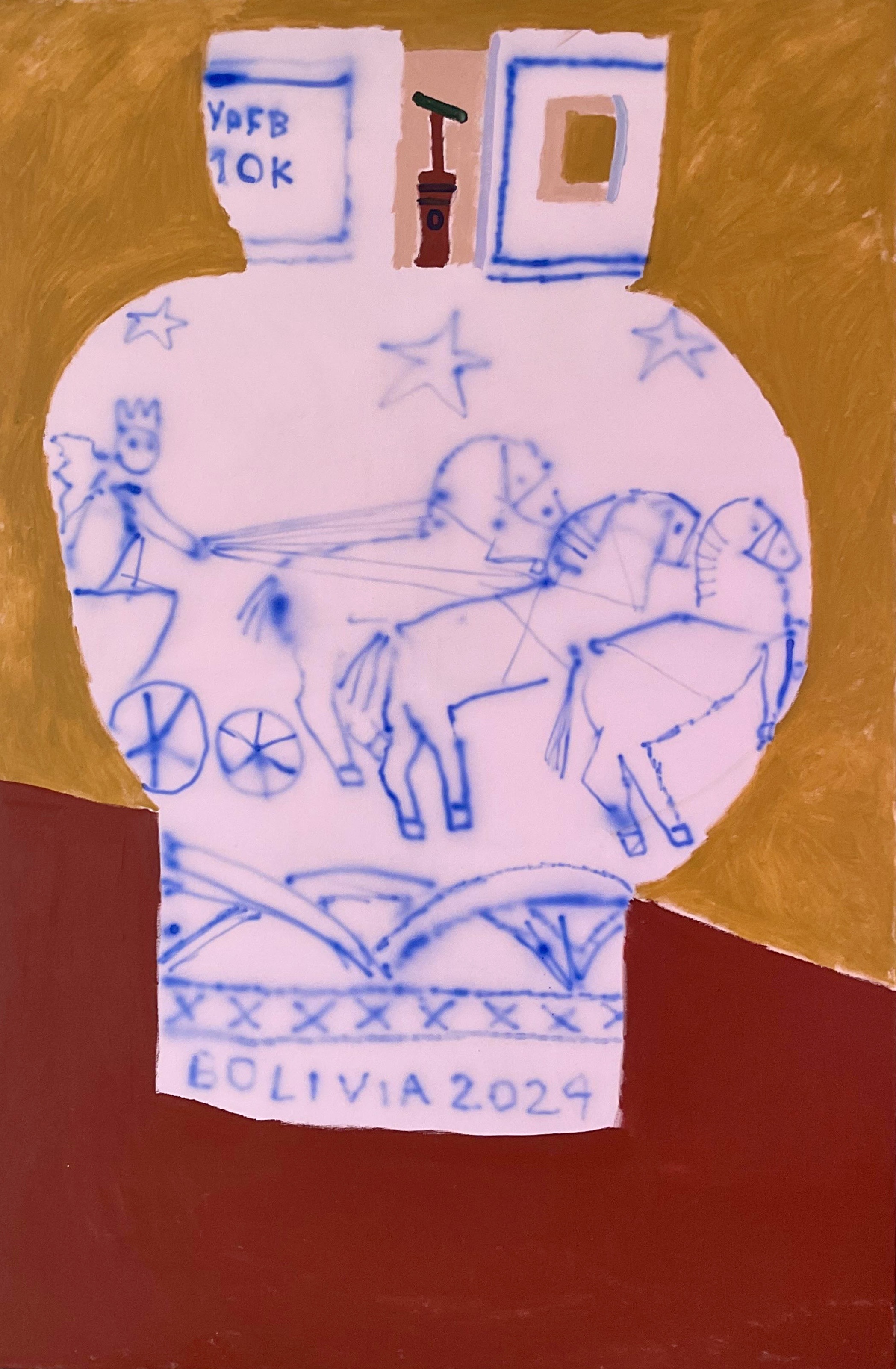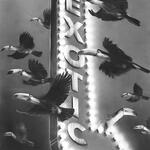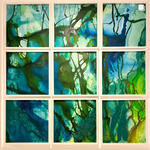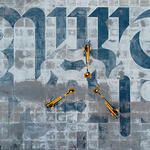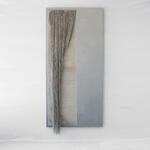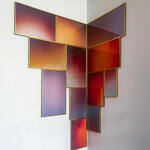Born in the city of La Plata, Argentina, in 1989, Paradela holds a degree in Fine Arts from the Academy of Fine Arts in Buenos Aires, which he earned in 2008. He has participated in numerous group exhibitions and has held solo exhibitions in his native Argentina and in Bolivia, his second home, where he also maintains a studio. About this series: "Gas cylinders arrive in large trucks equipped with music, bells, and loud horns, similar to an ice cream truck. People inside their homes shout, 'The gas!' Everyone immediately stops what they're doing: someone goes out to flag down the truck, another grabs some cash, and a third person brings the empty gas tank out of the house. This coordinated choreography is part of daily life in my neighborhood in Bolivia. Gas cylinders are unpleasant yet fragile creatures capable of exploding at any moment. They symbolize Bolivian identities: chaotic, dangerous, but loving and vital. Found in every home, they are essential to life. They cook our meals and keep us warm in the cold mountain climate. I paint gas cylinders because they are cherished relics, vessels meant to draw attention. Like shiny gift wrapping, they transform the way we see them. Stripped of their yellow uniformity and neutrality, each cylinder develops its unique personality. By incorporating gas cylinders into my identity, I feel less foreign, becoming part of something bigger—a family, a country, a neighborhood. It’s a way to feel at home without actually having one."
